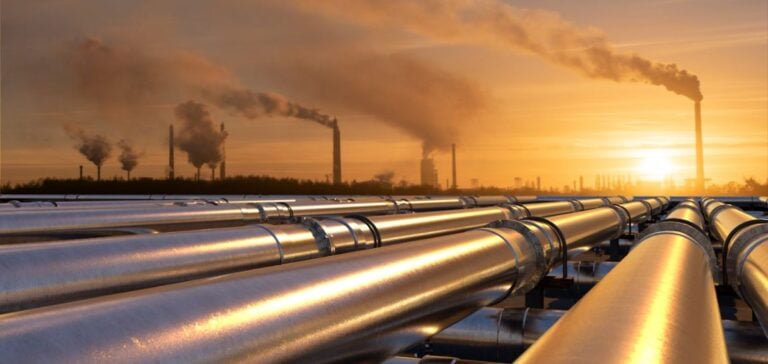A new piece of legislation aimed at diversifying gas supply sources was passed by one of Bosnia’s two administrative entities, marking a significant step in the country’s energy landscape. This text provides for the establishment of a gas interconnection in the southern part of the country, linking the national network to facilities located in Croatia. The practical implementation of this project involves the creation of specific infrastructures, including a pipeline of about 180 kilometers. In a context of historic dependence on a single import source, this decision is welcomed by several international observers as a major move toward greater resilience.
New supply prospects
Bosnia, composed of a Serb entity and a Croat-Bosniak entity, has a complex institutional organization that distributes energy-related responsibilities among several levels of government. This arrangement creates a constant need for coordination for any initiative aimed at modernizing or expanding the gas network. According to official data, nearly 3.5 million inhabitants live there, with an annual consumption of around 225 million cubic meters of gas. The limited capacity of the current network relies almost exclusively on a single pipeline, which increases vulnerability to foreign supply fluctuations.
The approved project plans for about 160 kilometers of infrastructure on Bosnian soil, while another section must be constructed in Croatian territory. The financing, estimated at around 200 million euros, would cover the construction of the local segment and the implementation of suitable technical installations. Once operational, this new interconnection will provide direct access to the liquefied natural gas (LNG) terminal located on an island in Croatia. Officials involved in the development of this file claim that this diversification could reduce dependence on gas imported from the east.
An industrial reorganization
According to various reports, all the gas consumed by Bosnia currently transits through a single corridor, called TurkStream, supplied by Russian resources. This situation results from previous agreements that did not include any alternative solutions to supply the country. Representatives of the American delegation in Bosnia emphasized the strategic importance of the new law for energy stability, stressing the need to limit excessive exposure to a single source. Meanwhile, several local players highlight the national significance of this measure, deemed essential for ensuring a more balanced distribution of gas capacity.
The country’s decentralized structure requires that a legislative text, to be fully validated, must obtain the approval of both the Croat-Bosniak and Serb entities, as well as that of central bodies. The recent adoption of the project by the Croat-Bosniak entity thus paves the way for ratification by all competent institutions. Some political groups, including the main Croatian party Hrvatska Demokratska Zajednica (HDZ), had initially proposed setting up a dedicated company with a Croatian majority to manage this investment. After several rounds of negotiations, it was decided to entrust this responsibility to the public company BH Gas, while carrying out a reorganization to give greater involvement to Croat representatives.
Costs and technical implications
The public company in question plans to expand its capabilities to include management of the cross-border interconnection and ensure rigorous operational oversight. Initial technical analyses mention the need to equip the network with facilities capable of handling different gas flows, including liquefied natural gas (LNG) from non-Russian sources. Some specialists believe that this diversification will not only broaden import opportunities but also foster more competitive pricing. A gradual rollout of equipment is nonetheless planned to avoid excessive costs and adapt to the geographical constraints of the terrain.
International observers mention the possibility of broader reinforcement of regional energy links, potentially integrating other neighboring countries. Such a scenario would include additional interconnections and increased coordination to improve supply security throughout the Balkan region. Several voices nevertheless stress the need to carefully assess the environmental impact, particularly during the laying of new pipeline segments. Addressing these concerns would, according to certain analysts, lead to a more accepted rollout by the populations involved.
Political leaders believe that this new configuration will allow central authorities to negotiate directly with Croatia, thereby strengthening the legal framework indispensable to any cross-border agreement. In a country where responsibilities are fragmented, the existence of a common law represents an important milestone in deploying a more robust energy network. It remains to be determined how far the various institutional players will support the project, given the persistence of certain internal debates. The public and energy sector professionals are now scrutinizing the next steps, eager to gauge the tangible impact of this transformation on gas supply.






















